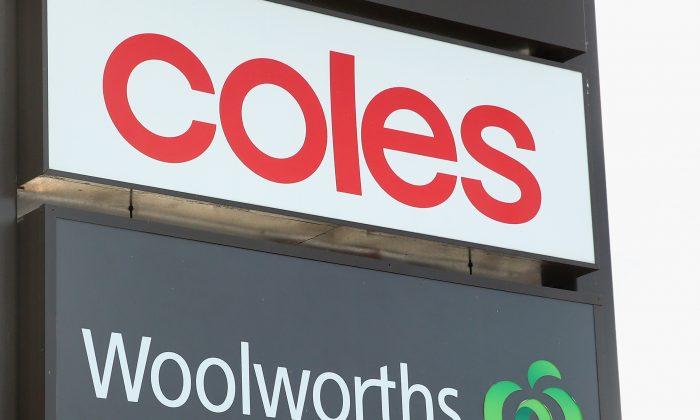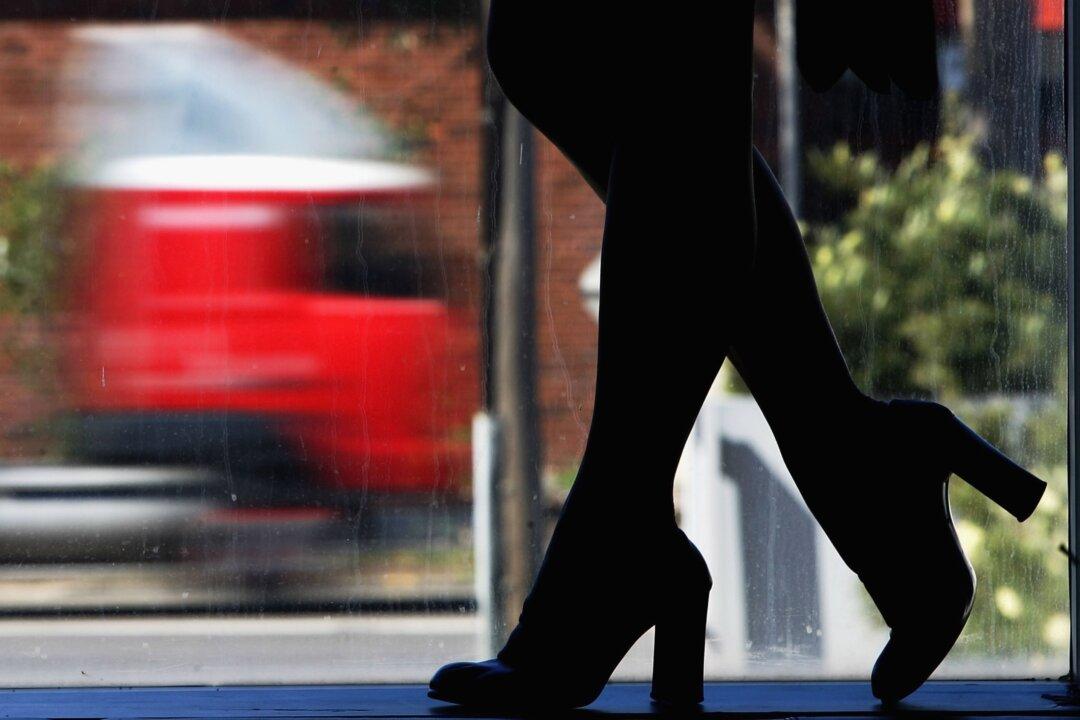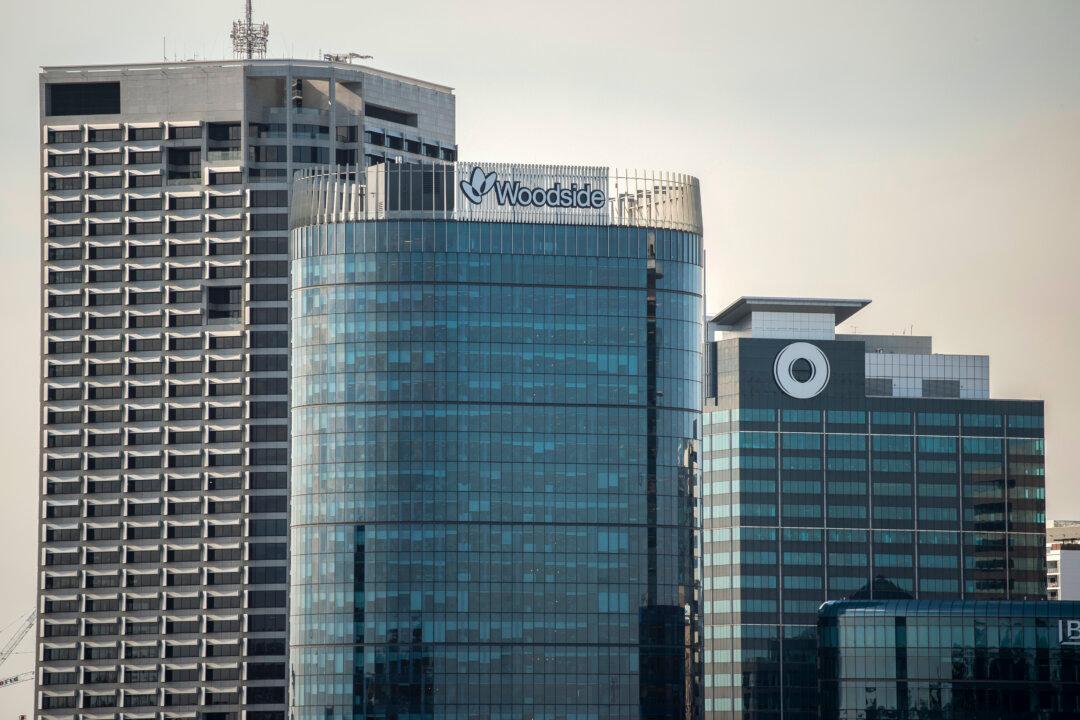Two major Australian supermarket chains have reported significant profit growth for the first half of the 2022-2023 financial year, which they attributed to their efforts in meeting customers’ demand and a reduction in COVID-19 related costs.
In addition, the group’s overall sales rose by four percent to $33.17 billion.
The Australian supermarkets business was the main driver behind the group’s performance, which contributed $24.39 billion in sales (up 2.5 percent) and $1.44 billion in earnings before interest and tax (up 18.2 percent) thanks to a sharp rise in food margins to 30.7 percent.
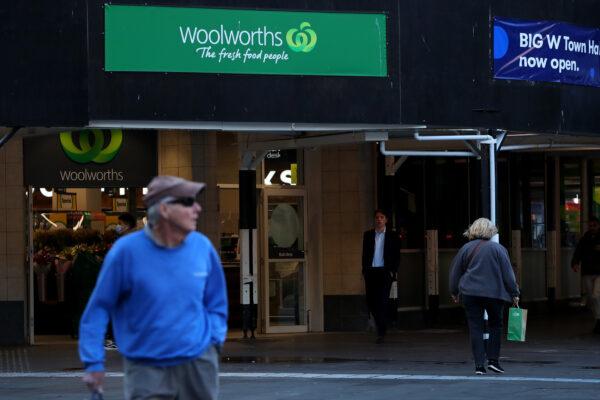
The CEO also said that while the increase in sales of company-owned private label and exclusive brands was around five percent, there was double-digit growth in some other product categories.
Regarding costs, Woolworths said food prices jumped by 7.7 percent on average in the December quarter, despite some moderate increases in fruit and vegetables due to improved supplies.
Meanwhile, Woolworths also received significant boost in earnings from its subsidiary Big W.
The chain of discount department stores reported a 15.3 percent jump in sales to $2.7 billion and a four-fold increase in earnings to $134 million.
Despite the robust growth in sales and profit in the first half of 2022-2023, Woolworths expected a more modest performance in the latter half of the financial year as its operations started to return to normal.
Coles’ First-half Performance
Woolworths’ main rival, Coles, also had a solid performance in the first half of the 2022-2023 financial year.The second-largest supermarket chain’s net profit after tax reached $616 million, which was 11.4 percent higher than the previous year and surpassed market expectations.
Total sales went up 3.9 percent to $20.8 billion, of which $18.9 billion came from Coles’ supermarket business and $1.9 billion from its 940 bottle shops.
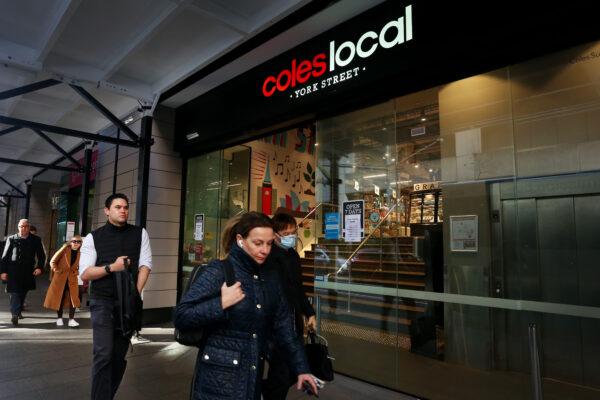
In addition, the company achieved earnings before interest and tax of $1.06 billion, up 9.9 percent from the previous year.
Profit and sales were not the only things that went up for Coles during the first six months of 2022-2023, as the supermarket chain said its cost pressures remained elevated, especially for packaged goods, wages and energy.
The Impact of Inflation on Consumers’ Behaviour
As high inflation starts to bite into Australian households’ budget, the two supermarket chains noticed a marked change in the behaviour of their customers.Banducci said Woolworths’ consumers were switching to cheaper private-label groceries and canned food while reducing eating out.
Similarly, Coles found that its customers were becoming more value-conscious as cost-of-living pressures lifted.
“We are seeing customer behaviours shifting to more value-oriented choices as a result of higher inflation and interest rates and the cost of energy increasing,” Coles chief financial officer Charlie Elias told analysts.
While high inflation is likely to remain for some time, Coles forecasted that growth in food prices might peak in the second half of the 2022-2023 year.
“We expect headline inflation to moderate throughout the remainder of the half, particularly in relation to anything from farms.”
To support Australian consumers affected by high inflation, both Woolworths and Coles have launched programs to lower the price of their products.
The company also said it would continue to offer thousands of special deals each week to help ease living cost pressures.
Meanwhile, Woolworths has recently reduced the price of over 400 everyday essential items on its shelves, including meat, vegetables and dairy products and promised to keep them low until May.
